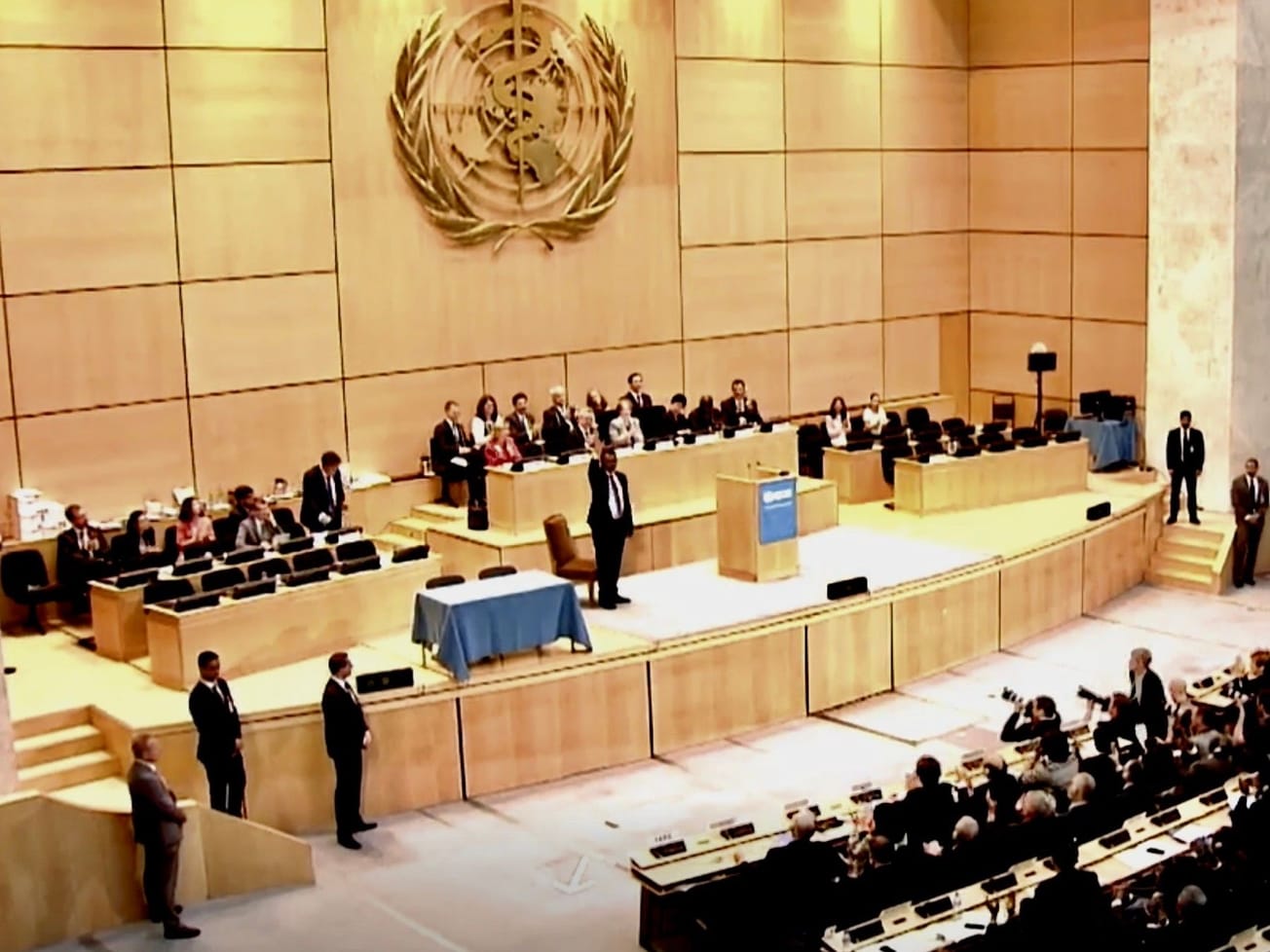As the World Health Assembly gears up this week, global health experts say the year ahead could be make-or-break for pandemic preparedness.
Negotiations will be held in Geneva on a new pandemic accord and the legally binding international rules that nations must follow when responding to global health emergencies like the COVID-19 pandemic.









